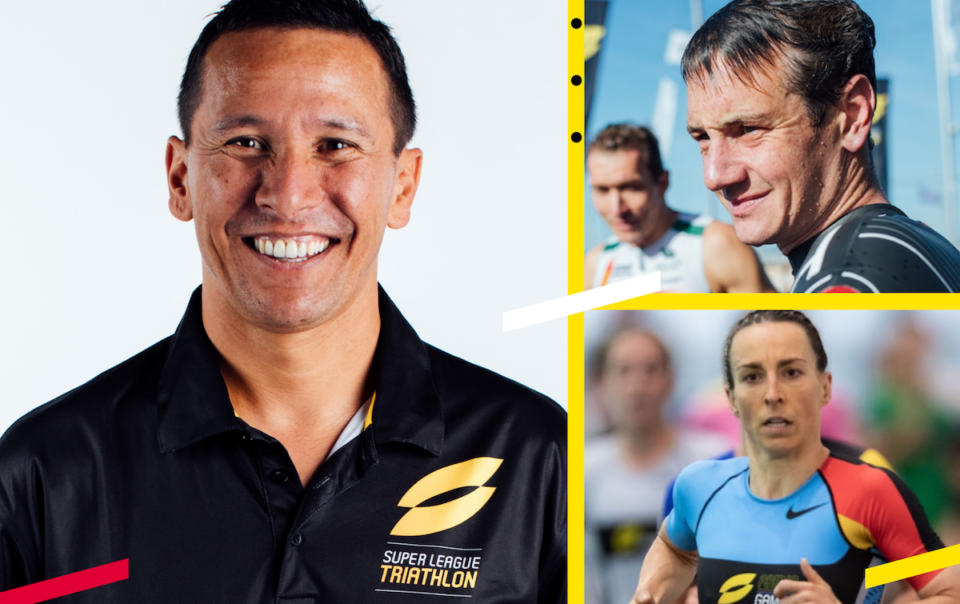
A quick snapshot of some of this summer’s headlines: ‘Six Secrets to Using Entrepreneurial Failure – Effectively’ (Forbes Middle East); ‘How Overcoming Failure Helped Steve Jobs’ (CNBC); ‘What I Learned From My Failed Relationships’ (Mumbai Mirror). Where once it was unthinkable to admit that you’d messed up in life, today it’s accepted practice to hold up your hand and say, ‘Oops. Yeah, my bad’.
“Everyone will fail,” says Australian champion triathlete and businessman Chris McCormack, co-founder of Super League Triathlon. “Every single businessman on earth has failed at some point – failure is what shapes everything. As a sportsperson, if I’d quit after the first race I lost, I would never have continued racing. It is part of the journey to the top. Losing races or losing deals is normal.”
While these are undoubtedly wise words, when you’ve been fired for doing something stupid or you’ve seen yet another relationship collapse and you don’t know why, searching for a positive can feel like looking for a diamond in a dung-heap.
For your own well-being, however, developing an ability to bounce back is essential. We asked experts in love, life and more to put us on the right track.
Bouncing back… in sport
How often have you told yourself you’d be running 10k in three months or that your team will win the local championships next year? Goals like these can give you focus – but they can just as easily ruin a love of sport when they don’t come true.
“It is normal to feel down when goals are not achieved in the way they are set,” says triathlon champion Chris McCormack. “But being demoralised is the wrong way of looking at it.”
He points to the famous Michael Jordan quote as a reference point: “I’ve missed more than 9,000 shots in my career,” said the NBA legend. “I’ve lost almost 300 games. Twenty-six times, I’ve been trusted to take the game-winning shot and missed. I’ve failed over and over and over again in my life. And this is why I succeed.”
“This epitomises the way we should look at goal setting in the first place,” says McCormack. “Goals are not a guarantee; they are basically a map to a place you want to be.”
If you want to be happy in your sport, then, the answer is not to avoid setting goals because failure might feel miserable, but to understand a little more about setting targets for yourself.
Explains McCormack: “The key to goal-setting in sports is setting both long and short term goals and ensuring they interact on your fitness journey. Goals keep you engaged and define progress. I have always said that a goal is a dream with a plan, so ensuring you set both short-term, medium-term and long-term goals is critical.”
In doing so, he argues that you will acquire both the long-term vision and the short-term motivation you need. “It is very good for people to set goals,” he says. “Purpose in anything gives it value.”
For example, your short-term goal might be to ensure you walk to work three days per week instead of taking the bus. Ultimately, this will develop into you achieving your long-term goal of walking to work five days a week, says McCormack. “Your short term goals should be targets that can be achieved and require a closer focus on achieving, which will then add to the longer term goal which may be to run a marathon.”
And if you don’t get there? Don’t beat yourself up about it. “The first thing we all have to do is accept failure in our lives,” says McCormack. “Welcome failure and view it as part of the journey. Disappointment and failure are not the same emotion or outcome. They often feel similar, but failure only exists when it becomes your new reality.”
Read full article on Friday Magazine.
Related Articles
Philosophy
“Great things happen to people who make great things happen.”
Navigate
chris@macca.com
Terms & Conditions
Privacy Policy




